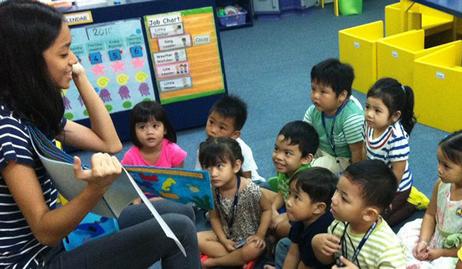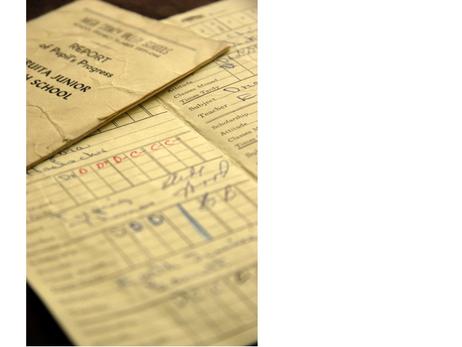The final step in the process of choosing a private school is dealing with the acceptance letter. These letters are typically mailed in mid-March for schools which have a January 31 (or thereabouts) deadline for applications. If the school has rolling admissions, you will receive your acceptance letter or an offer of a place at the school once your admissions file is completed and a decision has been made.
What to do if you have been accepted by your first choice school
First of all, congratulations! You did it! Next step: read the letter carefully and reply before the deadline. If you don't accept the offer of a place by the deadline, the school will give your place to one of the applicants on their waitlist. If you have questions or need more information, contact the school without delay. Schools will give you a date by which you must accept or refuse the offer of admission. Acceptance requires the return of the acceptance forms together with payment of a deposit for next year's tuition. That usually amounts to 10% of the fees. So, for example, if next year's tuition is $25,000, you will need to return the acceptance forms with a payment of $2,500. If you applied for financial aid, you will also receive a letter detailing the terms of your financial aid package.
Educational consultant Ann Dolin explains how admissions works.
If you have

























